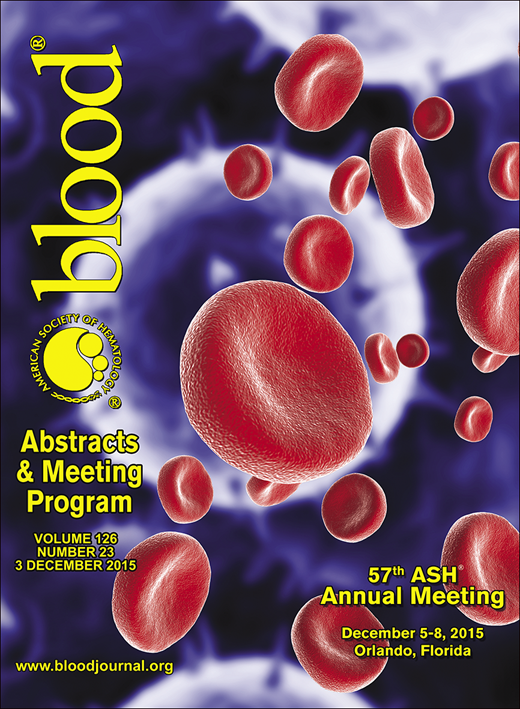Abstract
Taken together, B-cell lymphoproliferative disorders (lymphoma, multiple myeloma and leukemia) are the fourth most common form of cancer. Chronic Lymphocytic Leukemia (CLL), a specific sub-type of B-cell non-Hodgkin lymphoma (NHL), is the most common adult leukemia in Western countries. Despite its prevalence, the underlying genetic mechanisms responsible for CLL remain largely unknown. The strong familial clustering seen in CLL suggests that genetic variants contributing to its pathogenesis may be inherited. Our lab is dedicated to identifying inherited genetic risk variants associated with hematological malignancies with a specific focus on CLL. We hypothesize that there are multiple germline genetic variants (both common and rare) involved in risk of CLL. In order to identify rare variants, our lab uses the Utah Population Database (UPDB) to identify extended high-risk pedigrees with statistical excess of familial CLL. We then use next generation sequencing to identify genetic variants segregating in these high-risk pedigrees. This powerful study design for identifying rare variants and has previously been proven successful for identifying variants associated with other cancers.
We have performed whole-exome sequencing in one particularly high-risk pedigree containing 3 CLL cases and a mantle cell lymphoma case within 2 generations. We have identified variants in multiple genes associated with the SUMO pathway. We find rare variants in RANBP2, SP100, PML, IL1RL2 (paralog of IL1R) and CREBRF (transcriptional regulation through RNA pol II) that are shared by all NHL cases in this pedigree. Other genes in this pathway have been identified by previous CLL genome wide association studies, specifically FAS, TNF and SUMO1. Furthermore, a strong role has been previously suggested for the SUMO pathway in cancer cell survival and tumor progression, lending support to the potential role of this pathway in NHL risk. We are currently validating our sequence findings and determining the prevalence of these variants in other NHL cases included in the UPDB. Our high-risk pedigree findings are supportive that disruption of the SUMO pathway contributes to pathogenesis of NHL. Identification of the specific variants involved will increase our understanding of the molecular mechanisms contributing to NHL and has the potential to provide genetic markers that can be used for diagnosis and new avenues for treatment of these diseases.
No relevant conflicts of interest to declare.
Author notes
Asterisk with author names denotes non-ASH members.

